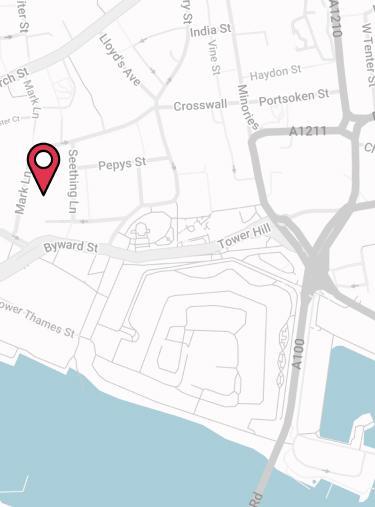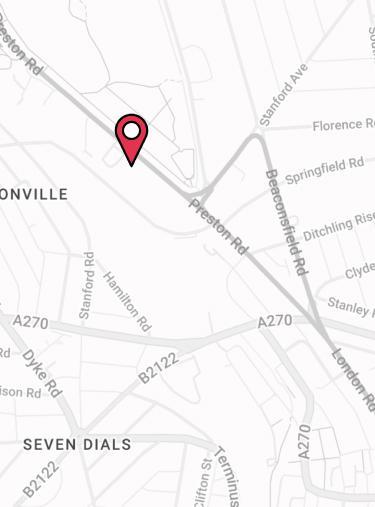UK’s Riskiest Jobs for Sickness and Injury
It is very natural to consider an income protection plan to cover the financial risk associated with having to take time off work due to sickness or injury but, unfortunately, many insurers see some occupations as just too risky to insure, especially for long-term protection plans.
With 1.3 million workers in 2009/10 reporting ill-health which they believed was caused or made worse by their current or past work it can be seen exactly why income protection insurers are so cautious with their occupation exclusions.* In fact, in 2009/10 as many as 152 workers were killed at work and 28.5 million working days were lost due to sickness or injury.*
The Riskiest Types of Jobs
It is generally the case that the more manual the work undertaken in an occupation the less likely it is that cover will be offered. The largest number of work related medical complaints relate to musculoskeletal disorders, which is commonly associated with manual work.
In fact, in 2009/10 an estimated 572,000 workers reported work related musculoskeletal disorders, with 248,000 of these workers claiming back related conditions.*
The most common types of work for which income protection insurers usually decline cover are as follows:
- Armed Forces – Even travelling to some of the dangerous locations that the armed forces regularly operate can impose an income insurance premium rating let alone going there to fight. Those in the military are also far more likely to come into contact with explosives, diving and flying, which are all risky activities;
- Construction/Labouring – Construction workers and labourers are more likely to engage in intense physical work, operate heave machinery and work at heights, which all significantly increase the risk of injury (the chances of illness are no greater than any other type of work however);
- Seafarers/Fishing – As children we all learn the dangers of water and the power of the sea. Spending time out at sea is a risk in itself but the risk of injury due to the use of machinery, labouring and slips and falls is also extremely high. For this reason an exclusion is also usually placed on bargeman;
- Security/Police – Unfortunately the police, security guards and prison officers often have to deal with some of the most unsavoury and dangerous characters, which can often lead to work related injuries and cause high levels of stress. For the insurers these occupations are just too risky;
- Drivers/Couriers – Most of us have experienced how dangerous the roads can be and the statistics speak for themselves. When it comes to business miles most insurers look to impose a premium rating or lower the occupation definition used for business travel of over 20,000 miles per annum. For professional drivers cover is often just outright declined;
- Underground/Mining – Insurers often decline cover for an occupation that involves working underground, such as for miners and those engaged in tunnelling. There is not only the risk of a cave-in but working underground often involves the use of heavy machinery, explosives and can also impact on health due to the lack of natural light and poor air quality;
- Aviation – There is nothing wrong with the occasional fare paying flight for business or pleasure purposes but insurers are very reluctant to insure any job that involves being in the air for long periods of time, which rules out any form of pilot. In fact, even flying your own light aircraft as a hobby can lead to special terms being imposed or a decline.
- Cleaning – Most insurers also decline cover for many types of cleaner, with some insurers declining cover for all types of cleaner. Cleaning often involves coming into contact with dangerous or hazardous waste materials and the use of industrial grade chemicals, which insurers try to avoid as much as possible.
- Sports/Coaches – Participating in most sports as a hobby is fine but anyone involved in professional sports requires specialist insurance as the risk of injury is naturally far higher, and this applies to both athletes and coaches. Some hobby sports can even command an exclusion or a rating if it is deemed to be ‘extreme’, such as rock climbing (piste skiing is usually fine).
- Other – Essentially, any job that involves working at heights, with explosives, on or under water, underground, with heavy machinery, with waste materials, with chemicals, high business miles or being in the air will often be an excluded occupation for income protection cover.
Can I Get Covered?
It is important to note that not all insurers have the same occupation exclusions so if one insurer declines cover based on occupation it doesn’t necessarily mean that all insurers will decline cover.
At the very worst, many short-term accident and sickness insurance plans do not underwrite based on occupation so cover can usually be arranged, albeit if the plan only provides up to 12 months of protection.
With long-term sickness insurance a number of different ‘occupation definitions’ are used when taking out cover. For office-based workers an ‘own occupation‘ definition is often used but for workers with riskier jobs a ‘suited occupation’ definition or even a ‘work tasks’ definition might be used. As the occupation definition moves from own to suited to work tasks the requirements for a valid claim become much tougher.
For some risky occupations it may still be possible to take out cover but with a more rigid occupation definition and/or with a minimum policy deferred period, which is usually set at 13 weeks long.
*Source: The Labour Force Survey (LFS): A national survey of over 50,000 households each quarter which provides information on the UK labour market.
For more information on workplace illness, injuries, deaths and working days lost due to sickness or injury please see: The Health and Safety Executive Statistics 2009/10.
- Topics
- Income Protection
Contact Us
125-135 Preston Road
Brighton
BN1 6AF
Cookies
Drewberry™ uses cookies to offer you the best experience online. By continuing to use our website you agree to the use of cookies including for ad personalization.
If you would like to know more about cookies and how to manage them please view our privacy & cookie policy.









